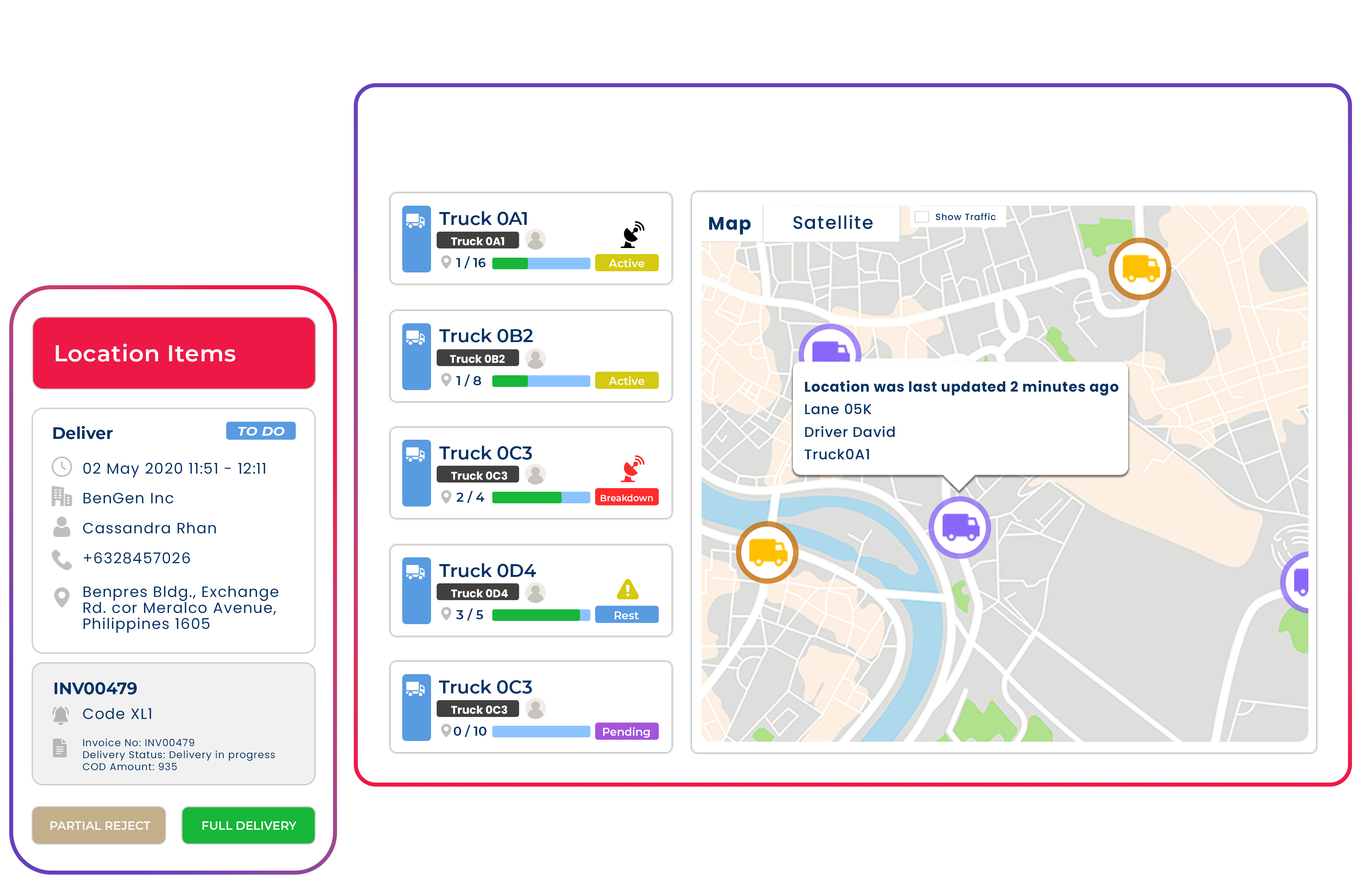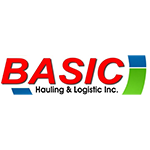The Electronics Retail Industry
The electronics retail industry is a cornerstone of modern economies, encompassing the production, distribution, and sale of electrical goods, IT products, and home appliances. This industry is critical for both consumers and businesses, powering everything from personal gadgets to the essential infrastructure that supports global trade and communication. With rapid technological advancements and increasing consumer demand, the electronics and retail sector plays a key role in driving innovation and economic growth.
From smartphones and laptops to home appliances and office equipment, electronics are vital to both everyday life and global business. Retailers are also increasingly embracing e-commerce, leading to more complex supply chains, higher demands for logistics, and a need for efficient inventory management. The electronics industry’s global impact is undeniable, with billions of products shipped worldwide every year.

The Logistics
Logistics is the backbone of the electronics and retail sector, as it ensures products are transported safely from manufacturers to consumers. Electronics are particularly fragile and valuable, requiring specialized handling and transportation to prevent damage. The complexity of delivering products across different regions adds another layer of difficulty, especially as the demand for electronics increases.
Challenges such as managing large inventories, optimizing delivery routes, ensuring last-mile delivery efficiency, and maintaining visibility over shipments all contribute to the complexity of logistics in this sector. Retailers need to balance operational efficiency with cost management, while also ensuring timely and safe delivery of products to meet consumer expectations. Any failure in logistics can result in customer dissatisfaction, lost sales, and reputational damage.

Transport Management System (TMS)
A Transport Management System (TMS) offers a comprehensive solution to the logistics challenges faced by the electronics and retail industries. A TMS helps businesses manage their transportation networks by optimizing routes, improving supply chain visibility, reducing costs, and ensuring the safe and timely delivery of goods. For electronics and retail companies, a TMS software is particularly valuable because it allows businesses to handle complex logistics operations and streamline distribution networks.
In the electronics and retail industry, a TMS enables real-time tracking of shipments, improving customer satisfaction by providing up-to-date information on delivery status. It also helps optimize routes to reduce fuel consumption and ensures that fragile electronics are transported with the necessary care. A TMS facilitates better collaboration between in-house fleets and third-party logistics (3PL) partners, ensuring seamless coordination across the entire supply chain.
Customer Dissatisfaction Due to Delays and Poor Communication: In the retail industry, customer satisfaction is essential. Zyllem’s platform offers real-time tracking and communication, keeping customers informed about delivery statuses and ensuring timely deliveries, which helps reduce complaints and improve customer loyalty.
Complex Distribution Networks: Managing widespread distribution networks across regions and with various logistics partners is challenging. Zyllem’s platform allows businesses to take full control of their distribution network, seamlessly coordinating fleets and 3PL partners for efficient, streamlined operations.
Difficulty in Technology Adoption: Companies may struggle with adopting new technology for logistics management. Zyllem’s user-friendly platform requires no coding for setup and offers an intuitive app for drivers, making it easy for businesses and their teams to integrate and use the system effectively.
High Fuel Consumption Due to Multiple Trips, Traffic and Route Inefficiencies: Delivering electronics often requires numerous trips, leading to high fuel costs. Zyllem’s Dynamic Route Planning utilizes real-time data to optimize delivery routes, accounting for traffic, road conditions, and time constraints that will reduce fuel consumption.
Common Challenges vs. ZYLLEM

Case Study
Zyllem has been chosen by the largest electrical, IT, and furniture retailer in Southeast Asia as their logistics platform. This retailer faced significant challenges in managing its vast supply chain and delivering fragile electronics and large furniture items across multiple regions. The company required a solution that could improve its logistics efficiency, reduce delays, and provide better visibility into its supply chain.
Zyllem helped the retailer by offering a fully customized fleet management system that gave the company complete control over its logistics operations. With automated data linkage, Zyllem enabled seamless communication between internal systems and external partners, reducing manual processes and minimizing errors. Zyllem’s training and support ensured that the retailer’s workforce could easily adopt the new system, making the transition smooth and effective.
Additionally, Zyllem designed and implemented an easy-to-track system that improved the retailer’s ability to monitor shipments in real time. This enhanced visibility not only improved internal operations but also gave customers the ability to track their orders, leading to greater transparency and customer satisfaction.
By using Zyllem’s transport management system, the retailer optimized delivery routes, reduced fuel consumption, improved real-time tracking of shipments, and minimized the risk of damaged or lost goods. Zyllem’s platform significantly improved the retailer’s operational efficiency and helped the company meet customer expectations for timely and accurate deliveries.








